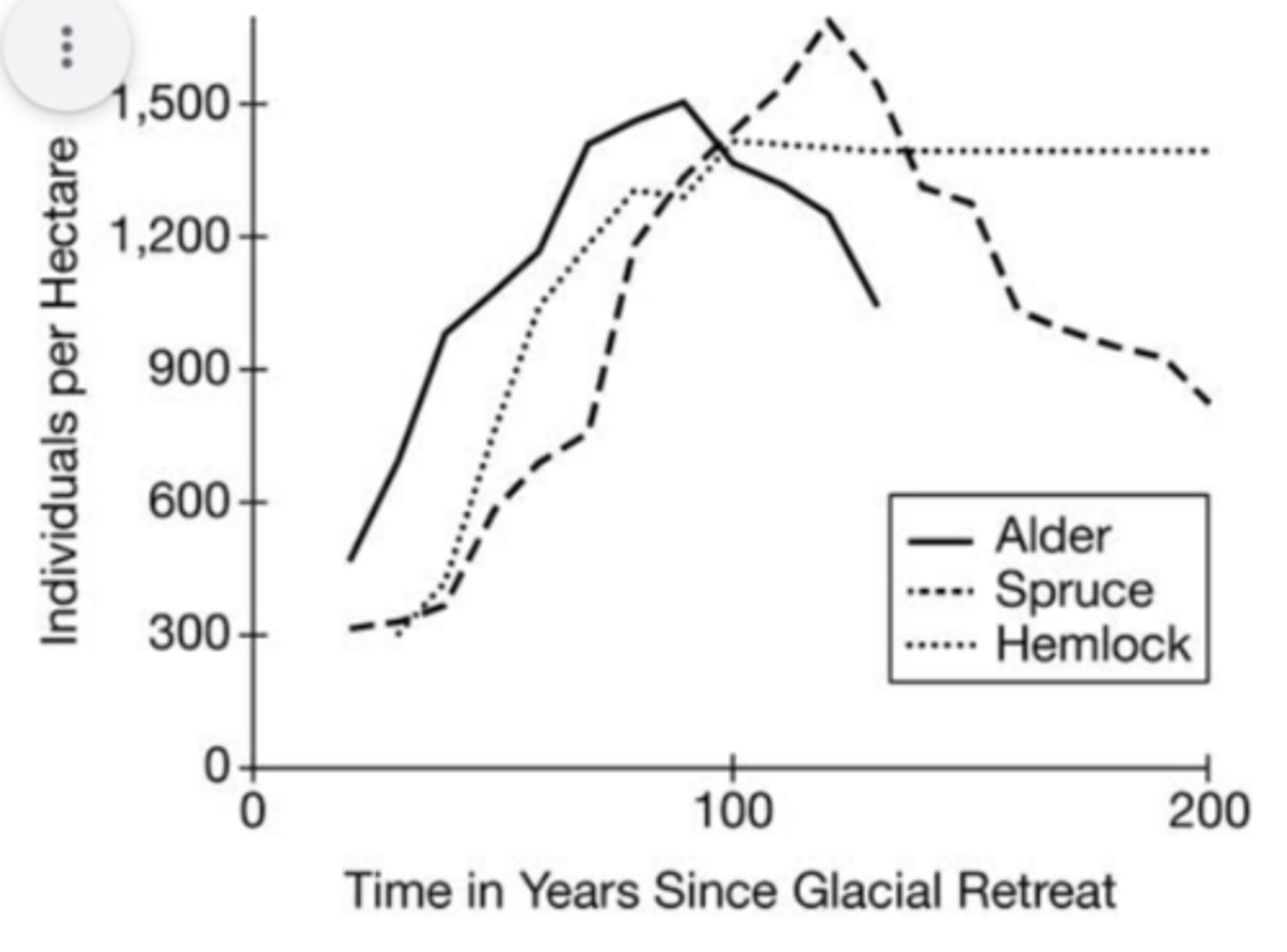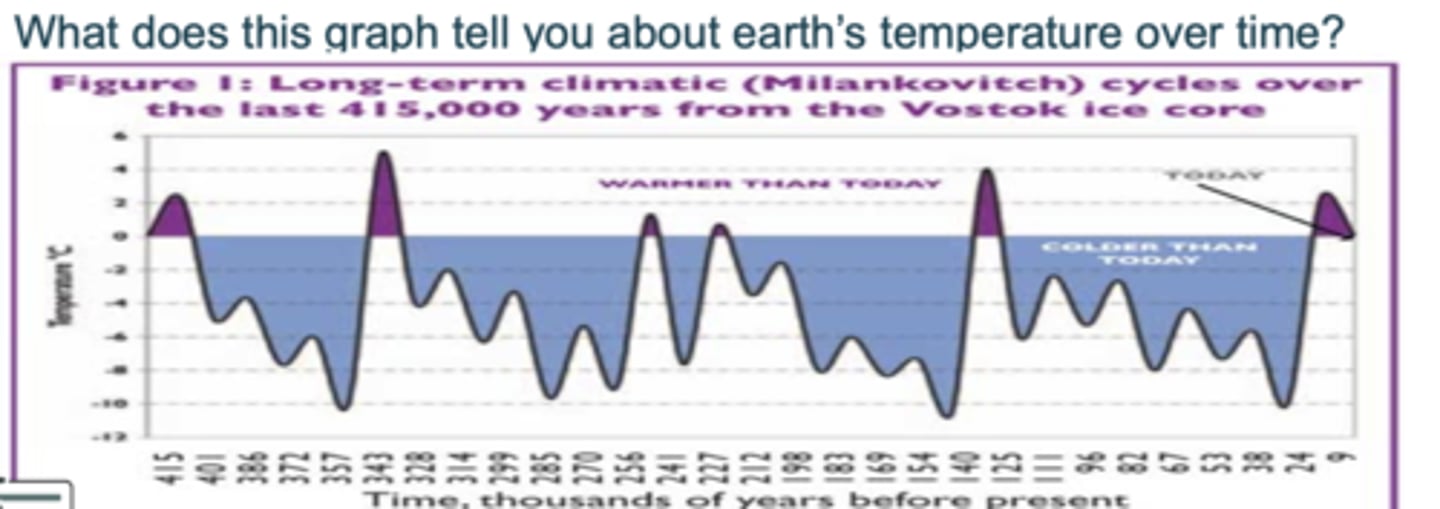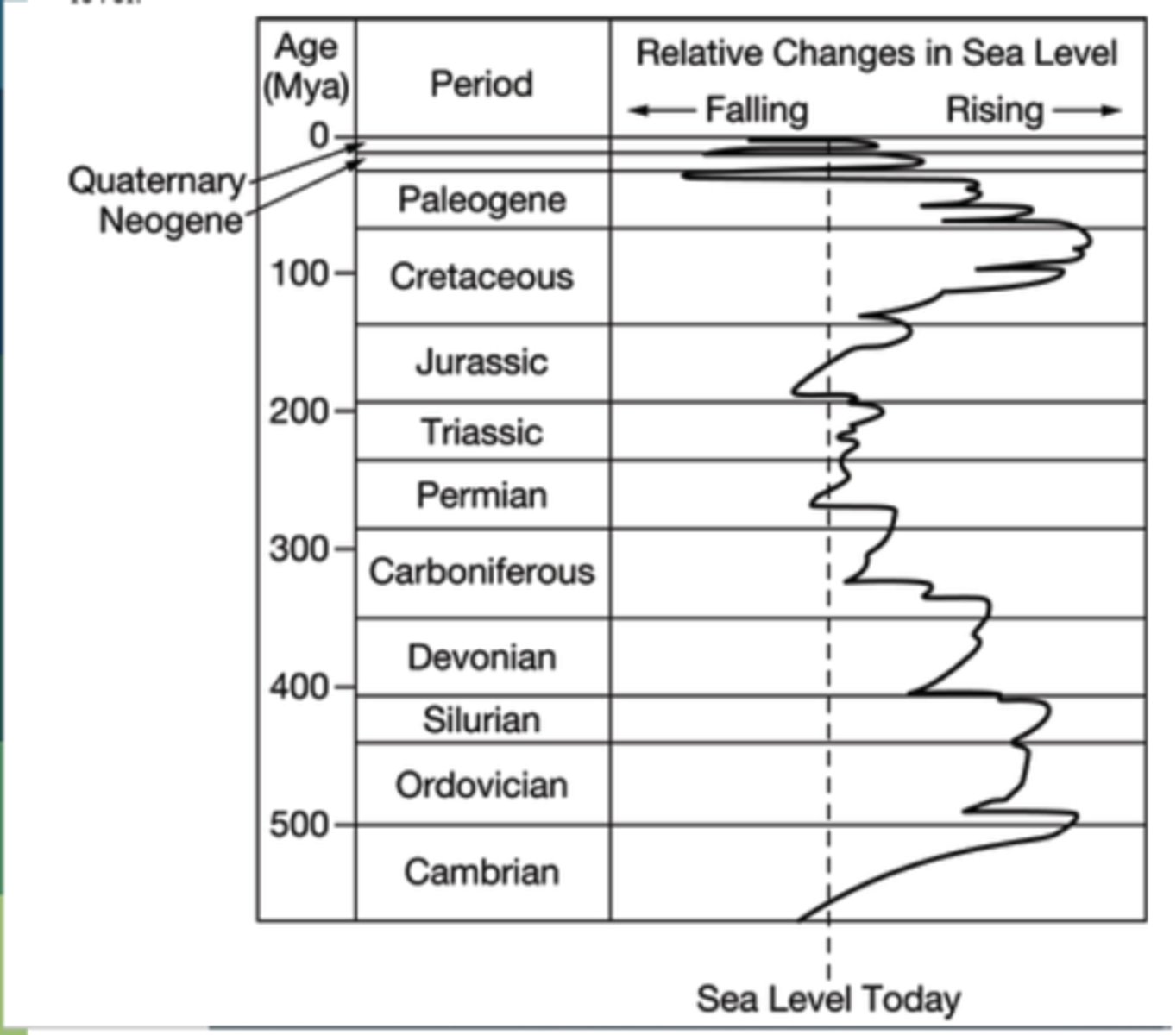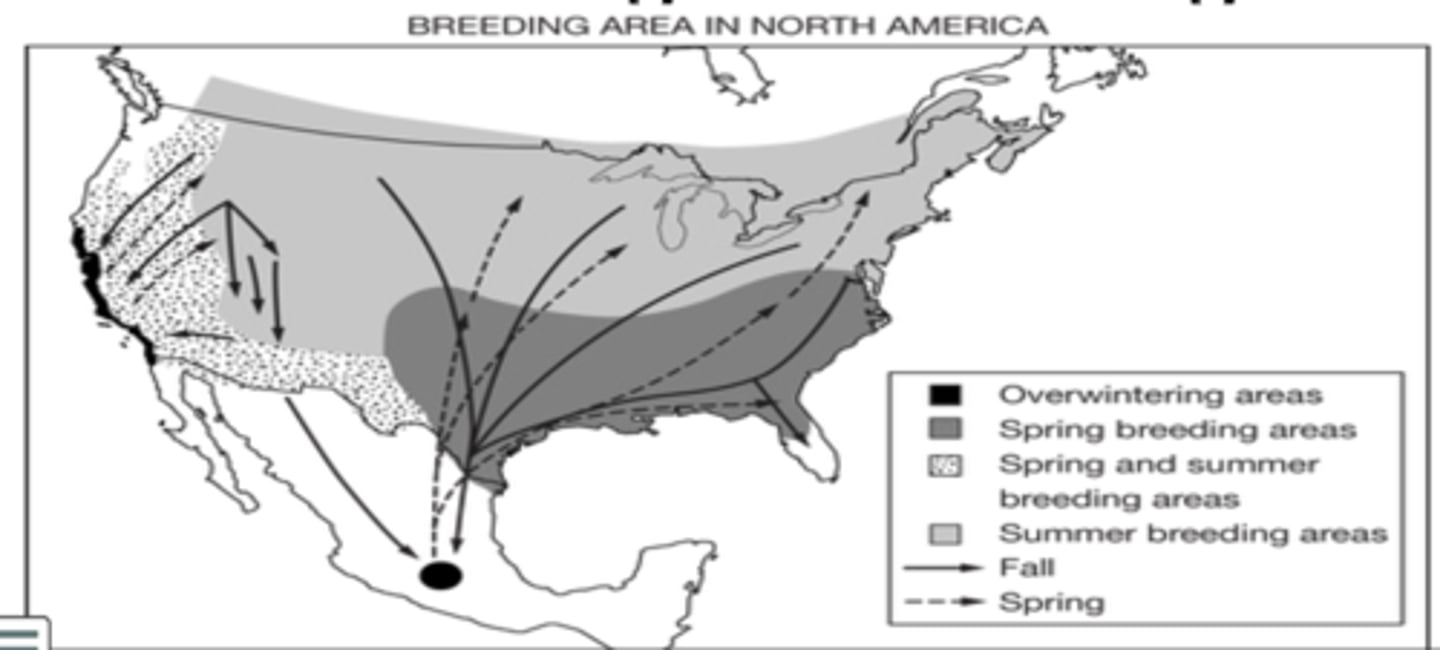2.5-2.6 Natural Disruptions to Ecosystems & Adaptations
1/9
There's no tags or description
Looks like no tags are added yet.
Name | Mastery | Learn | Test | Matching | Spaced | Call with Kai |
|---|
No study sessions yet.
10 Terms
Islands have limited food resources, forcing species to feed on a small range of food items.
The many finch species of the Galápagos Islands evolved from a single species that immigrated to the islands from the coast of South America. These species differ primarily in beak shape, which is closely related to the type of food each species specializes in eating. What explains why each of the finch species on the Galápagos Islands evolved to be specialists?
The biodiversity of the pond has decreased
A one-hectare pond is sampled in early September. The sample yields 1 small catfish as well as 25 benthic invertebrates that represent 8 species. If the pond is resampled a year later, what would best indicate that the pond had been adversely affected by adjacent development?
When the concentration of nanosilver particles in water is increased, the population of Daphnia magna will decrease.
A student reads that nanosilver particles are used in cosmetics to allow nutrients to penetrate deeper into the skin. When the cosmetics are washed off, the nanosilver particles can enter freshwater ecosystems. These particles may decrease survival in many aquatic organisms. The student determines that Daphnia magna, a tiny freshwater crustacean widely found in North America, might make a good test subject for an experiment. What is the most likely testable hypothesis based on the information provided?
Primary succession: starting a biome from nothing; the glacier creates a clean slate. Eventually The spruce species becomes the most competitive and takes over
What's happening here?

Over thousands of years, the earth's temp rises drastically and decreases drastically over time.
What does this graph tell you about earth's temperature over time?

Paleogene period
When was the sea level the lowest?

Changes in breeding areas: animals migrate to mate and find food in different habitats.
What is the diagram showing?

1 and 2
Living organisms must acquire energy from their environment. Examples of adaptations that help organisms acquire this energy include which of the following?
1. The dark, heat-absorbing coloration of a reptile.
2. The fangs and claws of a lion
3. The light coloration of a peppered moth
large swathes of habitat changes
Major environmental change or upheaval commonly results in what?
1. fast growing species
2. most competitive species
3. the are will have the greatest biodiversity
what species will be dominant if disturbances are frequent short-lived?
If disturbances occur only rarely?
If disturbances are intermediate?